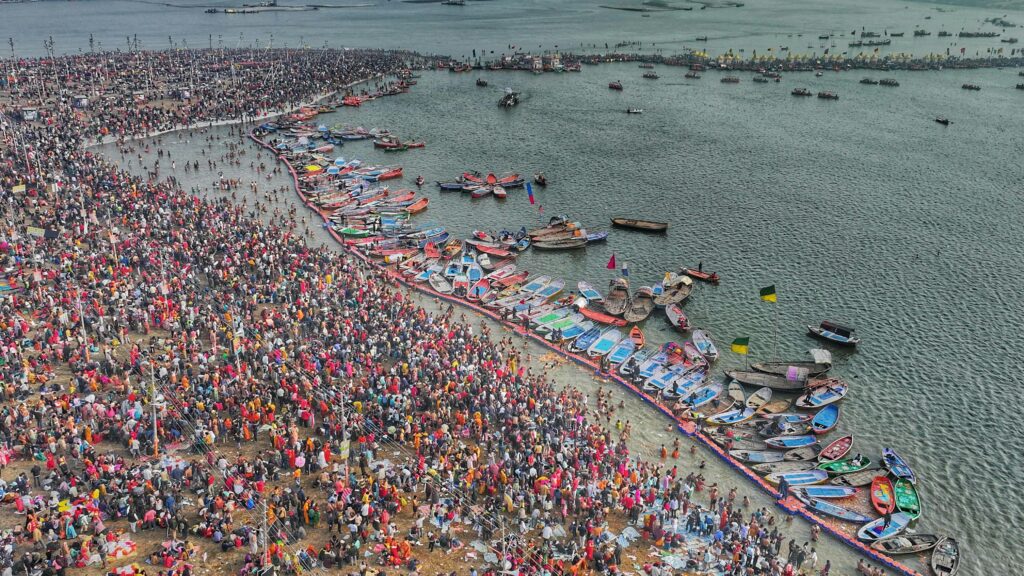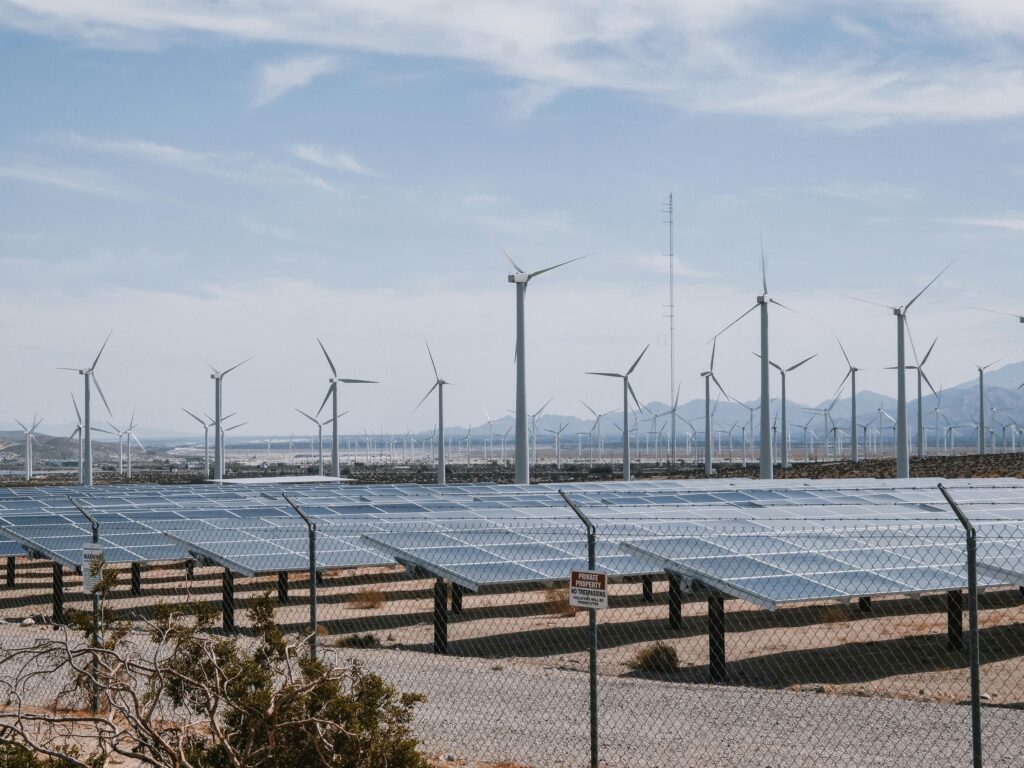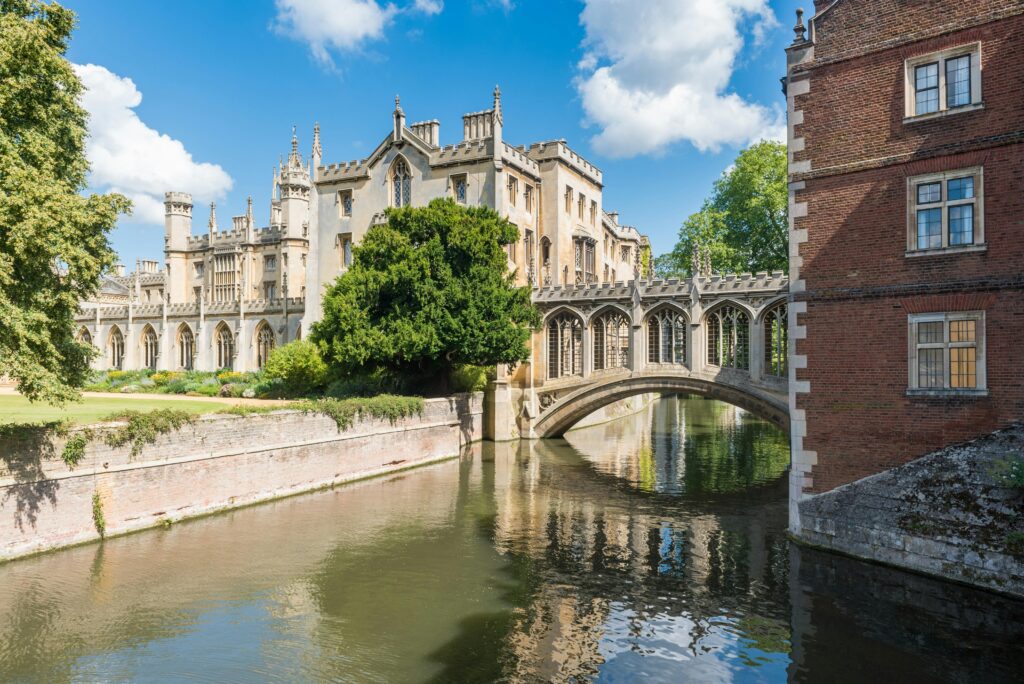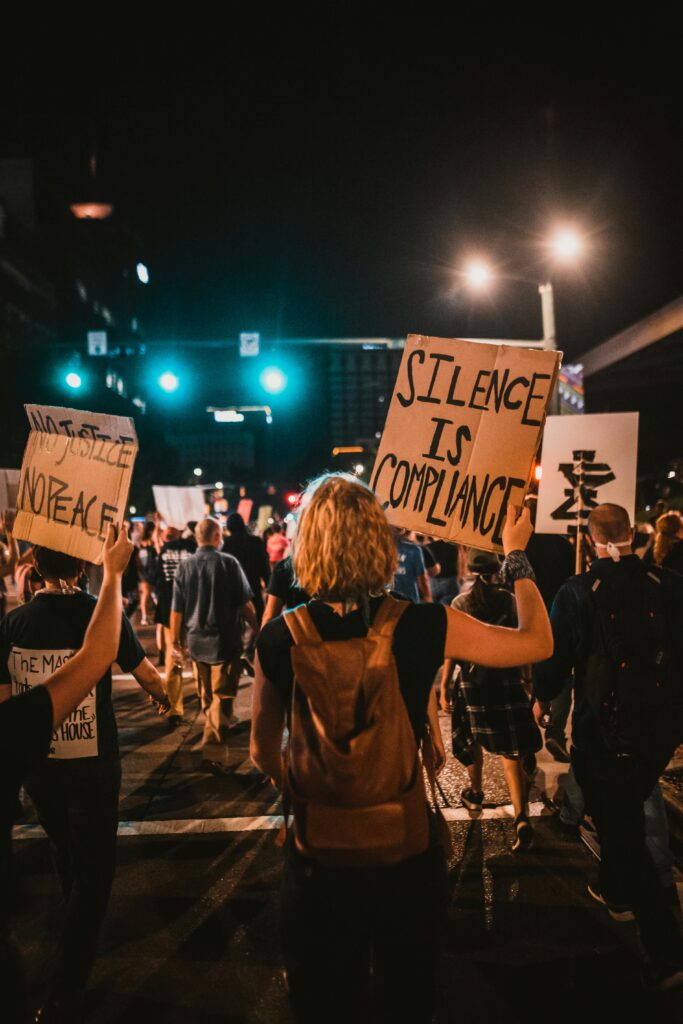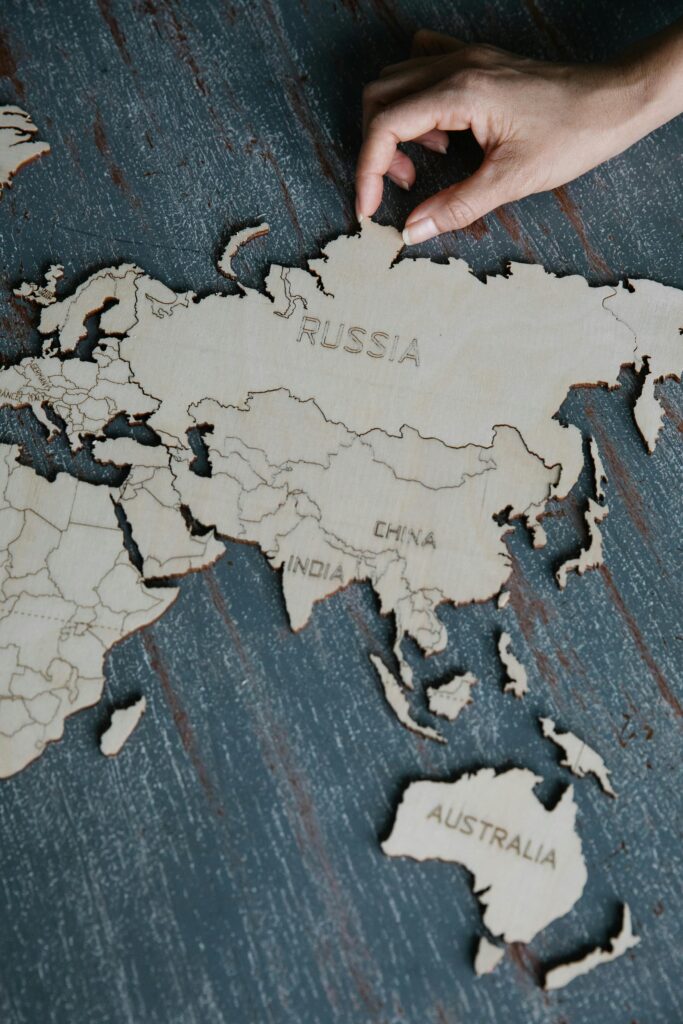Expanding Bilateral Cooperation in an Uncertain World
Authors: Pravar Petkar, Head of Strengthening Democracy Desk; Zoe Neiman, Research Intern; Niharika Girsa, Research Intern Following a week where the US has imposed tariffs on much of the rest of the world – and quickly reversed that decision – the current system of global cooperation is under significant strain. Yet against the backdrop of the current volatility, the 13th UK-India Economic and Financial Dialogue (EFD) shows that there is still scope for longer-term international cooperation in addressing global challenges. The measures agreed by UK Chancellor Rachel Reeves and Indian Minister of Finance Nirmala Sitharaman represent not only a £400m boost to the British economy, but also a valuable deepening of UK-India bilateral ties. The key outcomes include investment by India’s largest digital payments platform into the UK, the expansion of UK universities into the Indian market, and closer economic ties established through the financial services sector. What have previous EFDs decided? The UK-India EFD is a recurring high-level meeting between the UK Chancellor of the Exchequer and India’s Finance Minister, focusing on strengthening bilateral economic and financial ties. These dialogues address areas such as financial services, infrastructure development, sustainable finance and trade. Since 2020, UK-India EFDs have consistently prioritised sustainable financial services, infrastructure investment and green finance, shaping the direction of their economic partnership. The 10th EFD, in October 2020, launched the New Partnership on Infrastructure Financing and Policy to drive sustainable infrastructure investment and launched strategic cooperation on GIFT City (Gujarat International Finance Tec-City), India’s first International Financial Centre, promoting ties with UK’s financial services ecosystem. Progression of both projects followed in the 11th EFD in September 2021, with the UK and India reaffirming commitments to GIFT City development as a global FinTech and sustainable finance hub. The UK also committed $1 billion in climate finance investment in India through British International Investment (the UK’s development finance institution), alongside increased support for the Green Growth Equity Fund and the launch of the Climate Finance Leadership Initiative with India, emphasising the continued prioritisation of sustainable finance and infrastructure investment. The 12th EFD in September 2023 reinforced this direction, with continued focus on GIFT City, the FinTech Joint Working Group, and expanding private sector-led sustainable finance initiatives. Over the past five years sustainable investment and green finance have become central to UK-India economic cooperation. Could Indian technology support British small businesses? The commercial package agreed at the 13th EFD includes plans for Paytm, India’s largest digital payments app, to invest in the UK. This will “accelerate access to affordable digital payments and credit for small businesses.” Paytm is a pioneer in digital transactions that has reshaped India’s payment landscape. By rapidly rolling out affordable QR codes, Paytm has successfully brought traditionally cash-reliant merchant segments, from small corner shops to street vendors into the digital payments ecosystem. It has also contributed to financial inclusion at an individual level by leveraging technology to bring banking and financial services to a broader population, accelerating India’s shift towards cashless transactions, enabling both peer-to-peer fund transfers and merchant payments through the United Payments Interface (UPI). The scale of UPI uptake is vast. The Reserve Bank of India’s (RBI) monthly bulletin highlights an impressive ten-fold increase in UPI transactions over the past four years, soaring from 12.5 billion in 2019-20 to 131 billion in 2023-24. This growth accounts for 80% of India’s total digital payment volume. Notably, UPI transactions grew by 57% year-on-year in FY24, while debit card transactions saw a decline of 43%. The global significance of UPI, and the wider Digital Public Infrastructure (DPI) of which it is part, has gained increasing recognition: DPI deployment by 2030 is considered crucial in fulfilling the UN SDGs. With the UK’s Treasury Committee highlighting in May 2024 that British small businesses increasingly lack banking support, Paytm’s investment can bring direct benefits to the British economy whilst also positively contributing to the global financial system. UK-India university collaboration can strengthen Higher Education globally With universities in the UK under significant – and worsening – financial strain, many have turned to setting up overseas campuses in recent years. Historically, foreign universities could not establish campuses in India. However, India’s 2020 National Education Policy emphasises the need to open up the Indian Higher Education (HE) sector to international students and researchers. This prompted a regulatory change in 2023, with the University of Southampton becoming the first British university to receive a licence to start a campus in India under the new scheme. Not only does this enhance the quality of HE provision and research in India, fostering knowledge exchange, but it also reinforces the global attractiveness of UK HE institutions, contributing to British soft power. At the 13th EFD, it was announced that Coventry University has received approval to establish a campus in GIFT City, with undergraduate degrees in Business to be offered from 2026. It is the first English university to receive approval in GIFT City, with Queen’s University Belfast beginning operations there in January 2026. With this expansion, there is scope for Coventry University’s online and project-based learning offering to be further extended in India. As well as reinforcing the ‘living bridge’ between the UK and India, this outcome from the 13th EFD marks a move towards a more globally distributed HE system, which recent ICfS research has argued is critical to the future of global HE. Banking and financial services Several initiatives were announced at the 13th UK-India EFD concerning the banking and financial sectors. HSBC Bank will expand into 20 additional cities in India, covering 95% of its wealth market, Standard Chartered with open offices in GIFT City, Revolut is preparing for launch in India having received RBI authorisation, the FinTech company Wise plans to open an office in Hyderabad and India will pave the way to allow Indian companies to list internationally, including on the London Stock Exchange. These indicate the potential for closer financial ties between the UK and India going forward, which benefits both India’s efforts to become
Expanding Bilateral Cooperation in an Uncertain World Read More »


